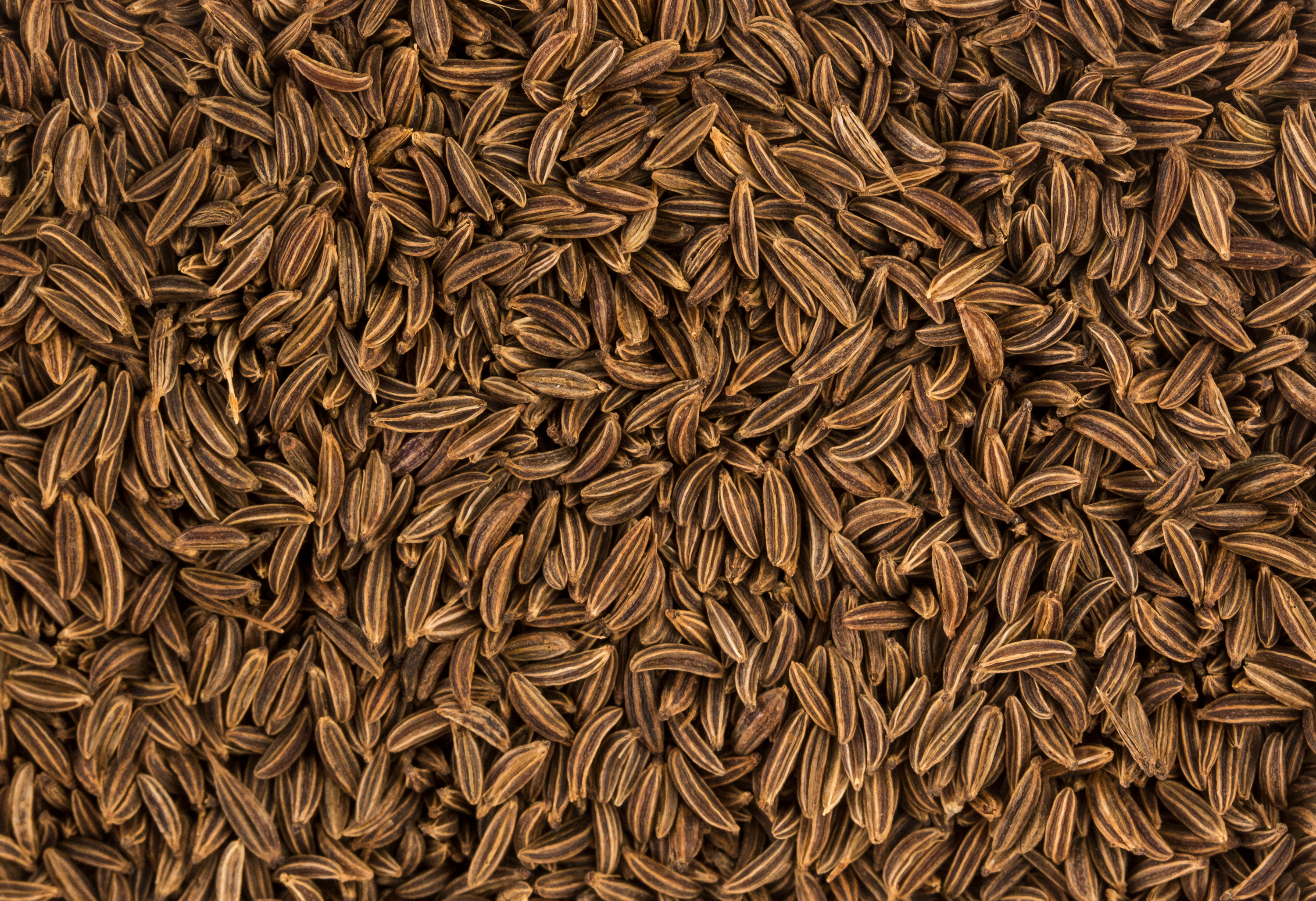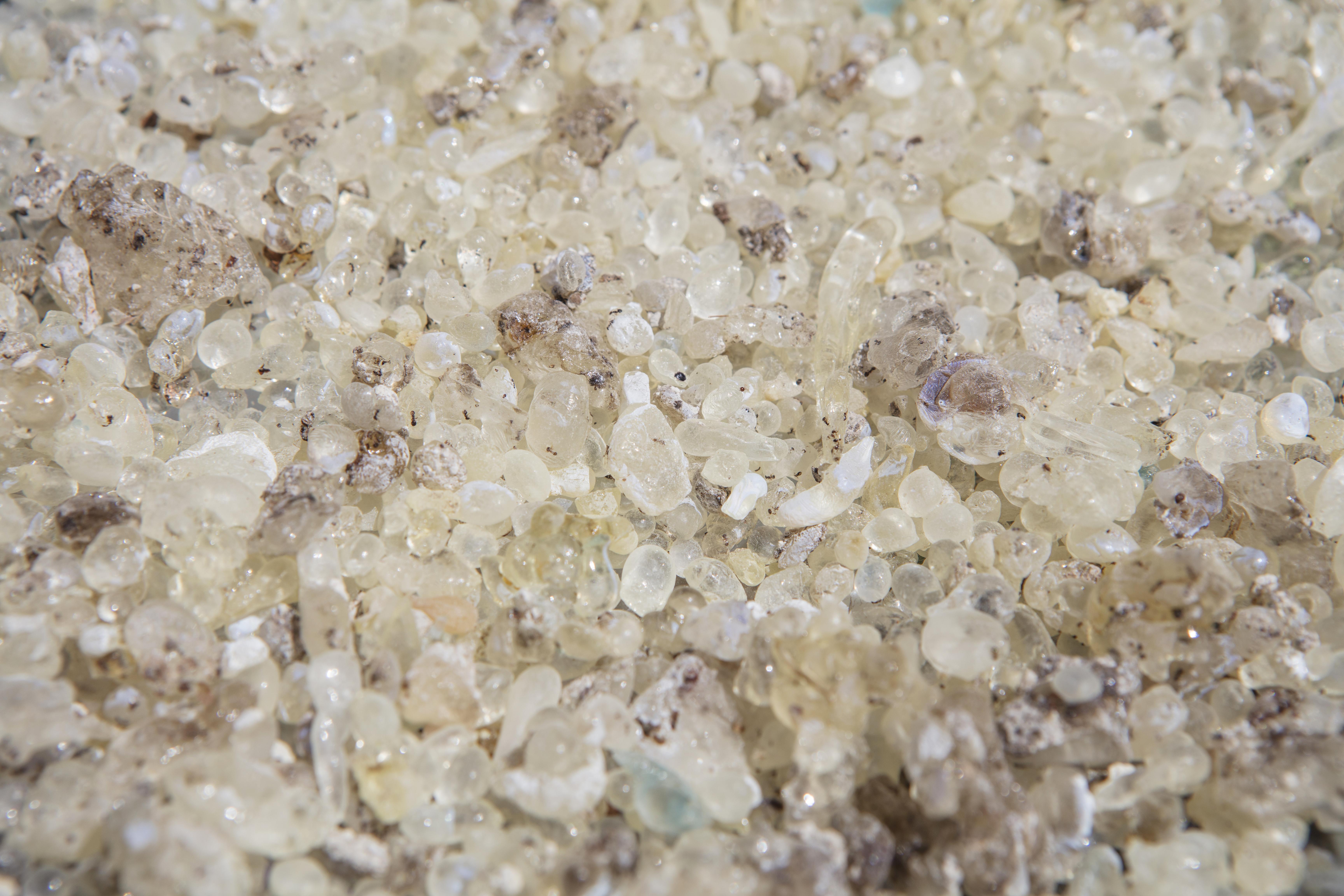Gut Soothers: Teas and Herbs for Inflammation Relief
35. Cumin Seed: The Anti-Bloat Ally

Cumin seeds are more than just culinary staples—they’re time-tested digestive allies used across cultures to relieve bloating, cramping, and indigestion. Rich in thymol and cuminaldehyde, cumin stimulates the secretion of digestive enzymes, helping food move smoothly through the GI tract. Studies have shown cumin extract can significantly improve IBS symptoms and overall gut comfort. Cumin tea—made by gently simmering whole seeds—is earthy, grounding, and incredibly effective as a post-meal soother. It also supports microbial balance, making it a natural choice for gut dysbiosis. Cumin is the spice cabinet’s quiet MVP for restoring digestive flow.
36. Mastic Gum: The Ancient Gut Sealer

Harvested from the mastic tree (Pistacia lentiscus) in the Mediterranean, mastic gum has been used for thousands of years to treat digestive disorders. Its resin contains compounds that reduce Helicobacter pylori—the bacteria behind many ulcers—and support gut lining integrity. Mastic can help relieve symptoms of gastritis, acid reflux, and general gut inflammation, making it especially useful for upper GI healing. It’s typically chewed like gum or taken as a powdered supplement, but it can also be steeped into a tea for a gentle, restorative tonic. This ancient resin seals, soothes, and strengthens—quietly, but powerfully.
